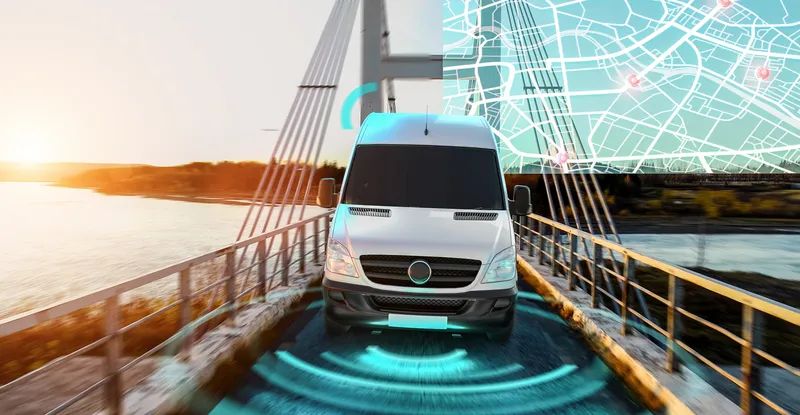An industry group led by
The AutopleX consortium – which also includes INRIX, Highways England, Siemens, Transport for West Midlands and University of Warwick - is to receive £4.7 million as part of the Centre for Connected and Autonomous Vehicles’ CAV3 competition.
It is tasked with developing fully- and semi-automated vehicle technologies through simulation and public road testing both on motorways and in urban environments in the West Midlands.
Analytics company INRIX will provide real-time, historical and predictive data – such as hazards, speeds and restrictions - to Jaguar Land Rover vehicles to enhance safety when performing functions such as merging into traffic.
“The ability for AVs to identify upcoming route and roadway conditions based on real-time data will significantly improve their overall driving performance,” said Avery Ash, autonomous vehicle lead at INRIX.
AutopleX is already leading a project to develop self-driving cars with technology that enables them to ‘see’ at blind junctions and through obstacles.










